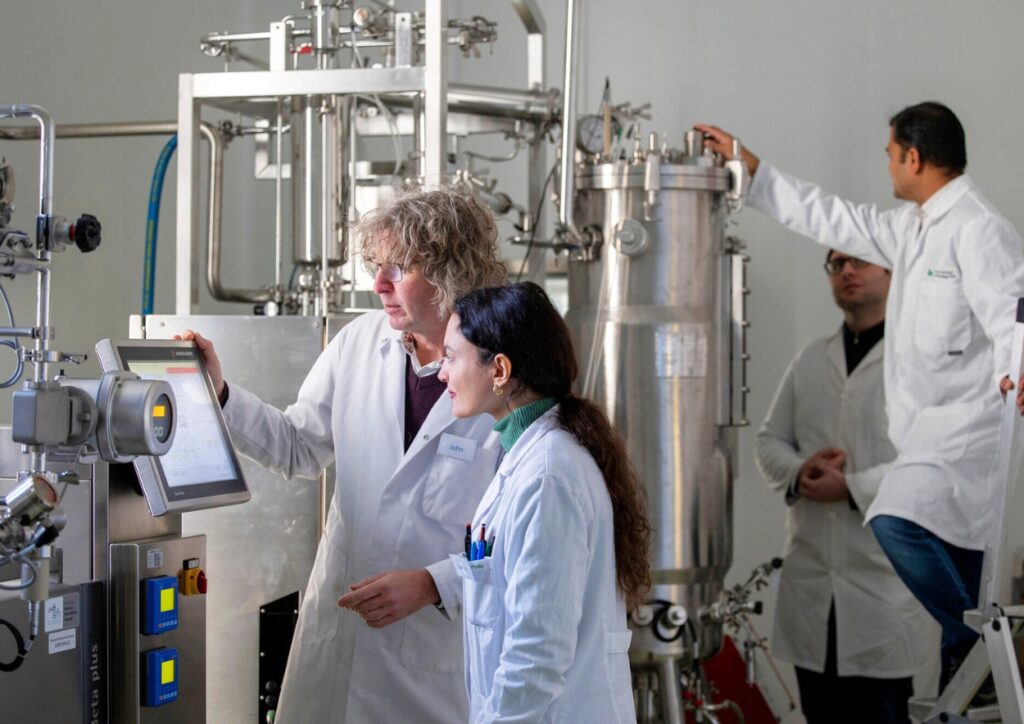Newsletter July 2024
Precision Fermentation and Microbial Biomanufacturing poised to impact the global food sector

Precision fermentation and microbial biomanufacturing hold immense potential to revolutionise the global food sector. They enable the development of alternative proteins and innovative food products, paving the way for a more sustainable and diverse food future.
The recent launch of the SUSFERM research centre at University College Cork (UCC) is a significant step towards realising this potential. This multidisciplinary centre is dedicated to exploring the intricacies of precision fermentation and microbial biomanufacturing, with a focus on harnessing these technologies’ potential to drive sustainability and innovation in the bioeconomy.
The colloquium held on January 22nd at University College Cork was a platform for discussing the potential of precision fermentation in Ireland. The key takeaway was the significant opportunity for Ireland to establish itself as a major player in this sector, leveraging its unique agricultural practices and research capabilities.
Approximately 100 industry, academia, research organisations, agencies, and finance experts participated in plenary talks and panel discussions. Speakers such as David Hunt from GFI Europe, Sean O’Sullivan from SOSV, Mark Fenlon from Teagasc, Aine Hallihan from Carbery Group, Estefanía Noriega Fernández from ESFA, Fergus Murphy from Clonbio Group, and David Gibson from Siemens highlighted the potential for precision fermentation in microbes to revolutionise the food sector by developing alternative proteins and foods. They emphasised the blending of traditional and innovative foods, often in the same product, reflecting the unique agricultural practices in Ireland that make its Agrifood sector more sustainable than many others.
Regulatory requirements in Europe for novel foods and precision fermentation were explained, underscoring remaining challenges for the industry and society. The successes of pioneer companies like Clonbio Group and Pannonia Bio and insights on integrating new technologies such as digital twins were shared. National commitment to developing the bioeconomy and emerging national infrastructure was outlined by Karl Walsh from DAFM, Stephen Napier from IBF, and John Morrissey from UCC. The importance of investment in scale-up, pilot-scale, and demonstration-scale facilities was highlighted, along with the necessity for national and international cooperation to have a significant impact. This theme also resonated in discussions about IBISBA, with European collaboration through Horizon Europe and CBE programmes. The colloquium concluded with positivity and energy, affirming attendees’ belief in precision fermentation and microbial biomanufacturing as key technologies driving the European transition to a sustainable bioeconomy.
